If you've been tasked with creating custom t-shirts for your child's little league team, or custom banners for an event, then you're likely already familiar with screen printing.
Screen printing, also referred to as silk screening, is the preferred method of creating and transferring custom designs onto almost any canvas—in this instance, t-shirts.
In fact, screen-printed t-shirts are so popular we're willing to wager that if you looked through your wardrobe right now, you'd likely find at least one.
But have you ever wondered how the screen-printed tee got so popular? Or how the technique behind its creation inspired one of the most influential artists of the 20th century?
Today we answer these questions, and more, while exploring six intriguing facts about screen-printed shirts, including:
- Their connection to a classic Hollywood film
- How their creation is both an art and a science
- How each screen-printed shirt is uniquely singular
1 - The First-Ever Promotional T-Shirt Was Screen Printed
The Wizard of Oz was groundbreaking in many ways, and almost a century later, it still endures as a fan favorite because of its catchy songs and lovable characters.
But did you know that The Wizard of Oz was responsible for the first-ever promotional t-shirt? Better yet, these t-shirts were made using … you guessed it! Screen printing!
The t-shirts were custom designed for the cinema classic and featured a simple design with the name of the movie and the iconic text font. It was given away to fans at the film's premiere in 1939, officially kickstarting the era of promotional t-shirts.
See Also: 7 Must-Know Facts About Screen-Printed Shirts
2 - Screen Printing Adds Texture to Your T-Shirts

Screen printing produces bright, vibrant designs on t-shirts, but did you know it also adds texture to the fabric?
This is because screen printing uses a ink. There are different types of inks - plastisol, waterbased, silicone, and others. We primarily use plastisol - a plastic-based ink that solidifies when cured at around 330℉.
With most screen printing applications, the ink is absorbed into the fabric of your shirt or lays on top and leaves a layer on the surface. When cured, the ink can bend and move with the fabric, creating more texture and feeling in the printed area.
Certain things can be done to limit the feel of the ink on the shirt or give it a soft vintage touch, but for the most part, the shirt changes once the ink is applied.
With over ten years of experience, a staff dedicated to quality, and cutting-edge screen printing technology, your custom printing needs are in safe hands with Jupmode.
"We used [Jupmode] for company t-shirts … Excellent price, quality, design team, and quick shipping. We are first-time customers, but we'll be back!"
- Christina P. | ★★★★★
3 - Screen Printing Shirts Is an Art and a Science

As a form of art, screen printing involves applying custom designs and artwork to shirts using screens. The artwork can depict any number of things, including logos, images, or even hand-drawn illustrations.
Screen printing enables us to create precise, clearly defined designs that can be easily replicated and mass-produced. Indeed, these consistent results are what drew renowned artist Andy Warhol to screen printing.
Additionally, to create successful screen-printed t-shirts, you need a keen eye for detail paired with the skill and creativity to recreate intricate designs on various materials.
As a science, screen printing involves analyzing how different inks, fabrics, chemicals, and techniques will interact to create a high-quality print. You see, a variable such as how an ink absorbs into a specific fabric will significantly impact the resulting print.
As such, screen printers have to make many decisions and find the perfect balance between art and science to create the stunning designs you see on screen-printed t-shirts.
See Also: Top 4 Ways We Screen Print a Vintage Shirt (With Examples)
4 - Screen Printed T-Shirts Don’t Wash Out
Well, at least they shouldn't. Professional screen printing done by an accredited company with the right washable, heat-treated ink yields a print that does not wash out.
This is one of the quickest ways to determine the quality of a screen-printed t-shirt.
While there are different methods of screen printing, they’re all based on a similar underlying technique.
When every element of the process is executed correctly, including ensuring the right drying temperature and ink, the result is a design that will remain on a shirt for a lifetime.
5 - No Two Screen-Printed T-Shirts Are Exactly Alike
Every screen-printed t-shirt is as unique as you and me. This all goes back to that little fact about screen printing being just as much a science as it is an art.
The 'art' part of the process is not automated, and it’s this human element that introduces minor variations in screen-printed t-shirts. This is why we consider each of our t-shirts uniquely singular.
Note: While slight variations in the garments are expected, Jupmode has a strict quality control process to ensure that only the best products are delivered to our customers.
“I came to Jupmode with a request to replicate a shirt from the 70s. They did an amazing job with the design, and the shirts are super comfy and good quality.”
- Allene S. | ★★★★★
6 - Your Shirt’s Fabric Determines the Quality of Your Screen-Printed Design
While it's true that it's possible to screen print on almost every material, not all fabrics print the same. For instance, not all fabrics are best for plastisol ink - the most commonly used ink in screen printing and what we use in our shop.
To better understand this, let's examine how screen printing works with the three most common t-shirt fabrics.
-
100% Cotton: Cotton t-shirts yield the best results for screen printing. This is because cotton is naturally absorbent and allows screen printing ink to adhere readily to its fibers. Also, as a substrate for screen printing, cotton produces cleaner, better-defined images.
-
Poly-Cotton Blends: Poly-cotton blend t-shirts are among the softest shirts on the market, which makes them one of the most popular. However, poly-cotton blends can be challenging to screen print using standard inks.
The polyester in the fabric sometimes causes the ink to migrate or bleed during the curing process. To mitigate this, at Jupmode, we closely monitor dryer temperatures and use low cure and low bleed inks to achieve the best results when necessary.
-
100% Polyester: Synthetic polyester fibers are more susceptible to dye migration which can cause changes in color in the screen-printed designs.
For instance, a white image screen printed on a red polyester t-shirt may turn pink when overexposed to heat as the shirt's dye particles move and interact with the screen print ink.
To prevent this, polyester shirts require low bleed inks and careful monitoring of the cure temperatures.
Don't forget that at the end of the day, quality is subjective. The person you give your shirts to determines the ultimate quality of the shirt.
One person may prefer a soft shirt, another may like a thick shirt, and another may want a super thick, opaque application of ink.
While you can't please everyone all of the time, always create your shirt with your customer in mind!

Looking For Screen-Printed T-Shirts? We Can Help
Screen printing is what we do; it's what we’re known for. We spend most of our time designing and screen printing stunning Ohio and Midwest t-shirts.
But that's not all. Over the years, we've honed our skills and mastered the art of custom screen printing. Here are a few examples of custom screen-printed t-shirts we've created.
|
Vintage Bike Shirts |
Vintage Beer Shirt |
Vintage Coffee Shop Shirts |
If you, your business, or organization need custom screen-printed t-shirts, we'd be happy to help. Get in touch with us today to get your order started.
Learn More About Our Screen Printing Process
For more information about how we achieve such brilliant results with our screen-printed t-shirts, check out some of our behind-the-scenes blog posts linked below:
- How to Burn a Screen for Screen Printing T-Shirts [With Video]
- Embroidery and Screen Printing: Your Company’s Guide to Merchandising
- Screen Printing vs Embroidery: An Honest Buyer’s Opinion
Share on Facebook:





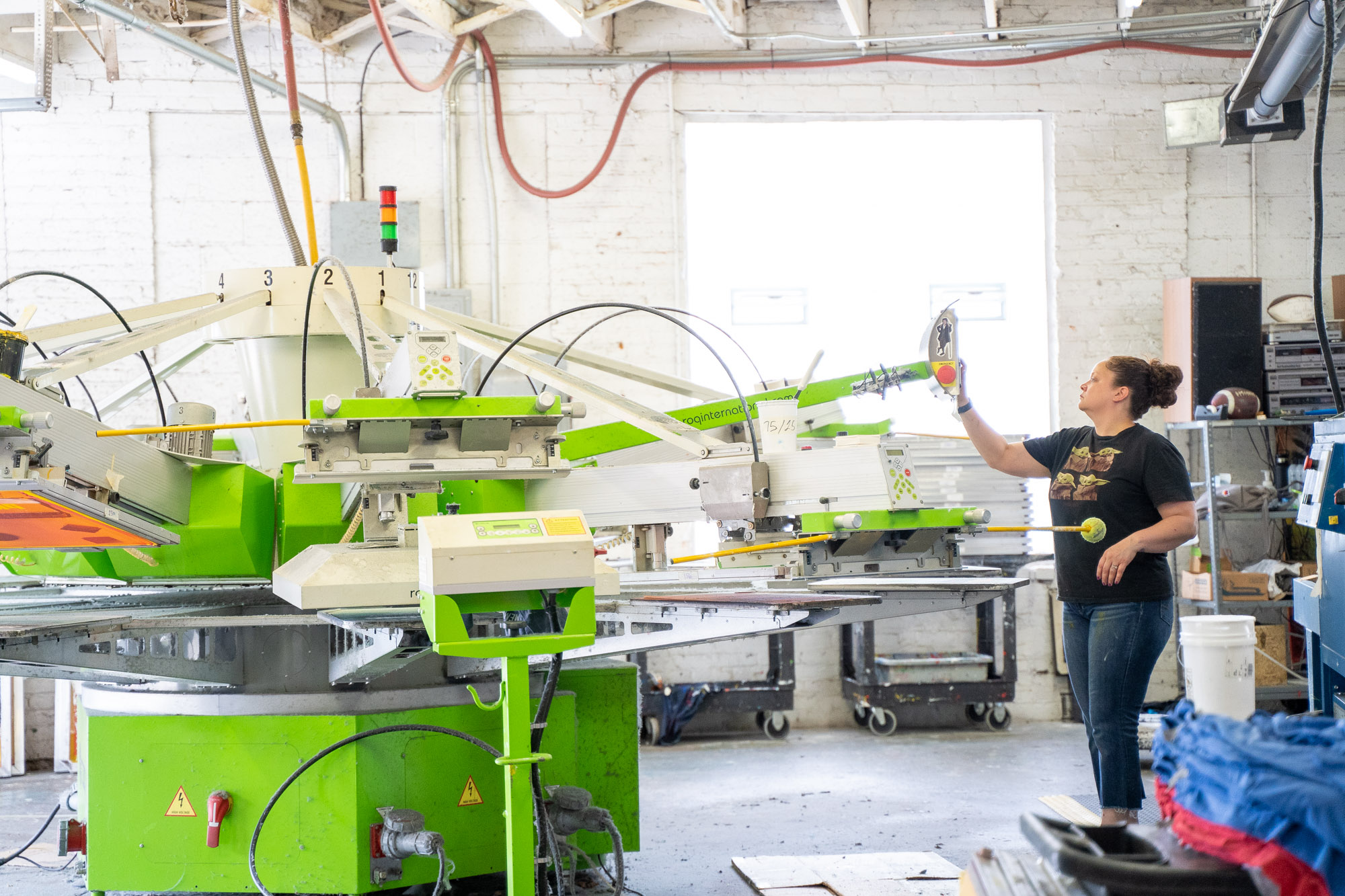
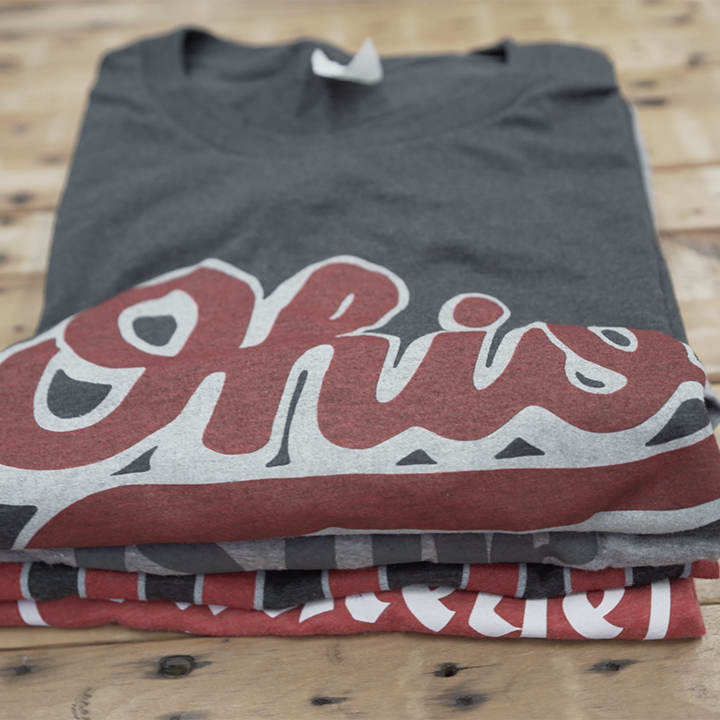
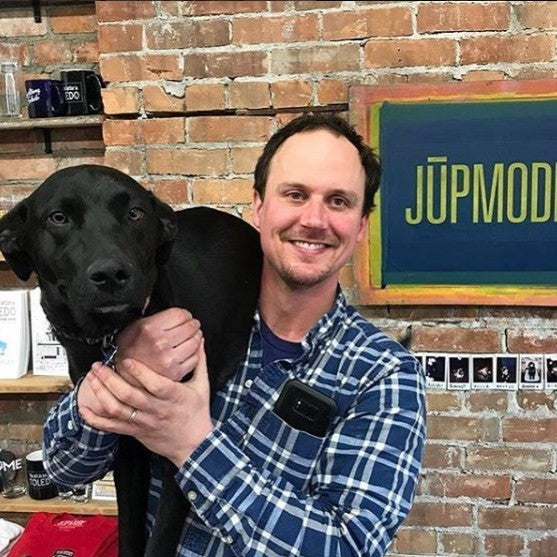
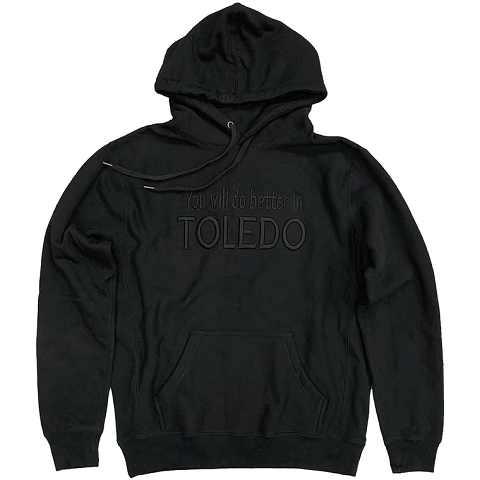
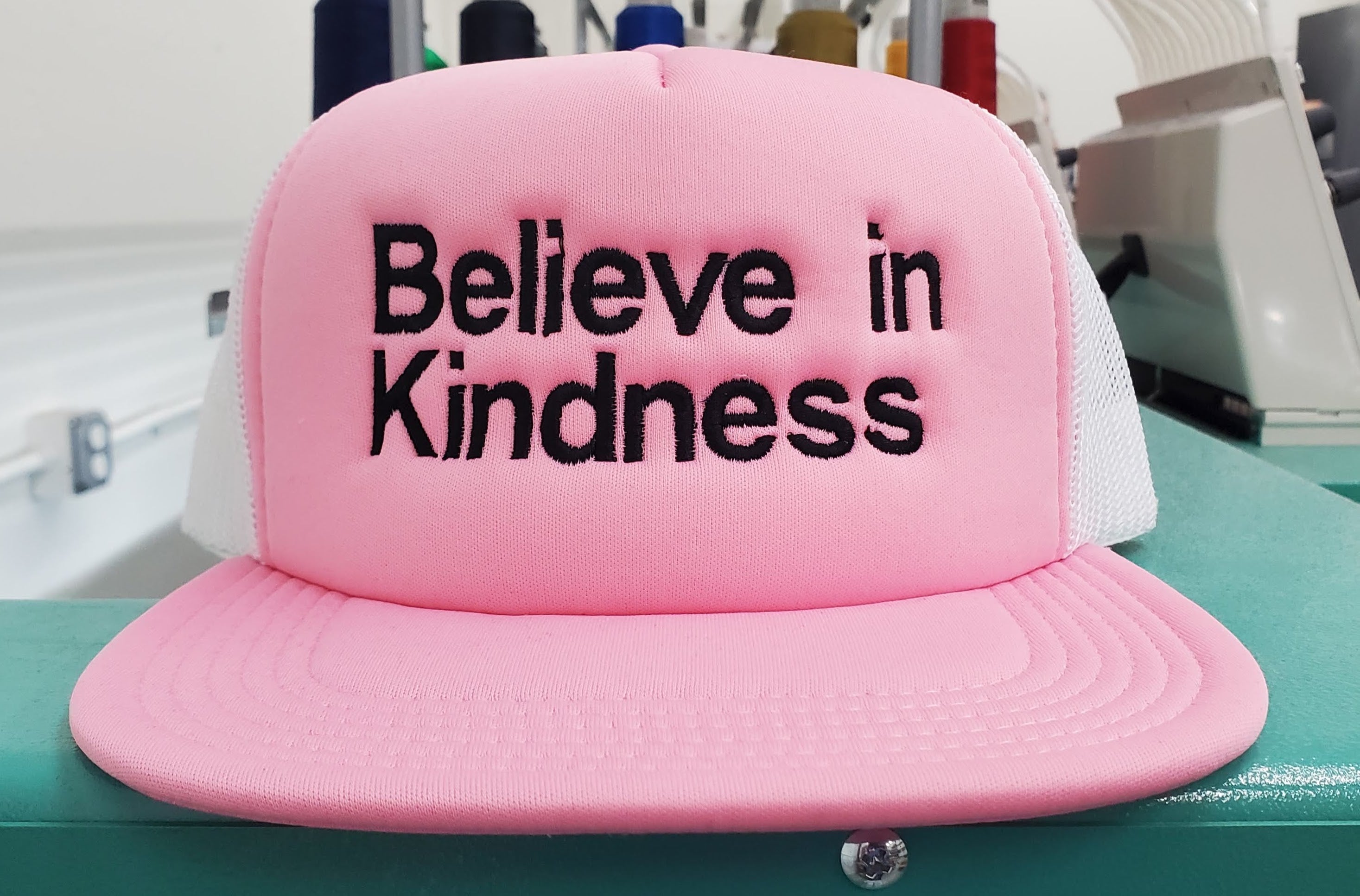
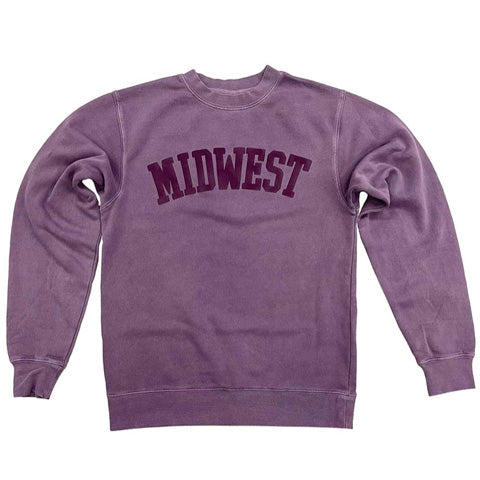

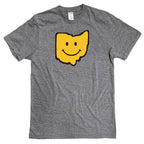
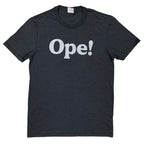
Comments
Write a comment